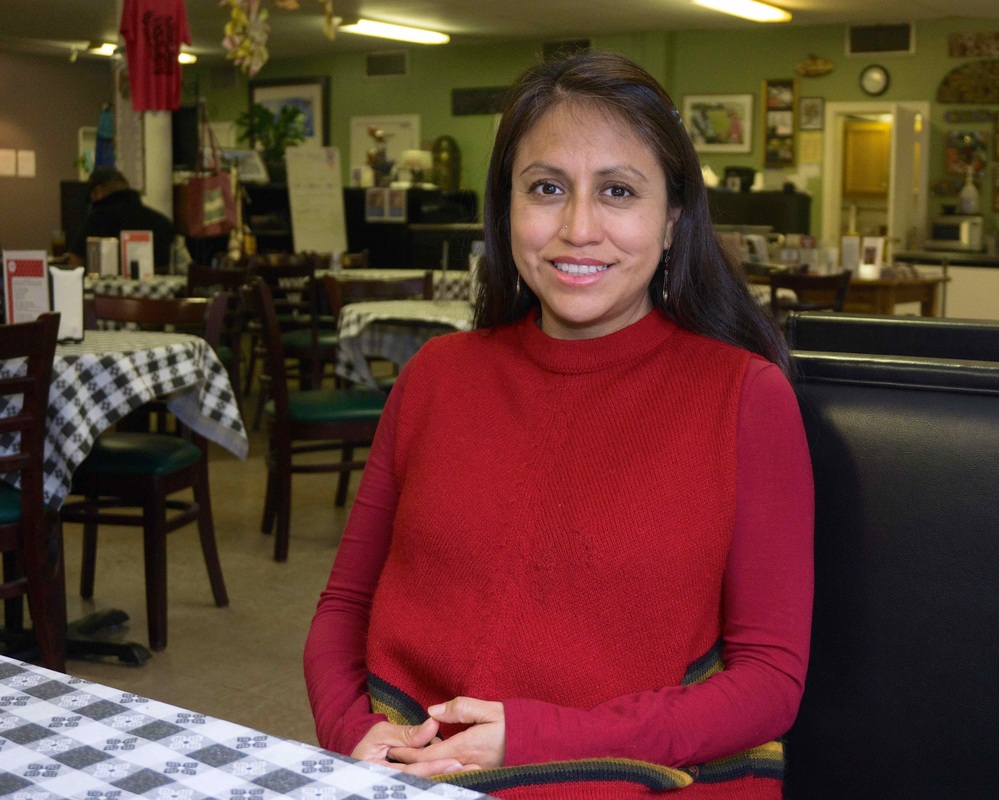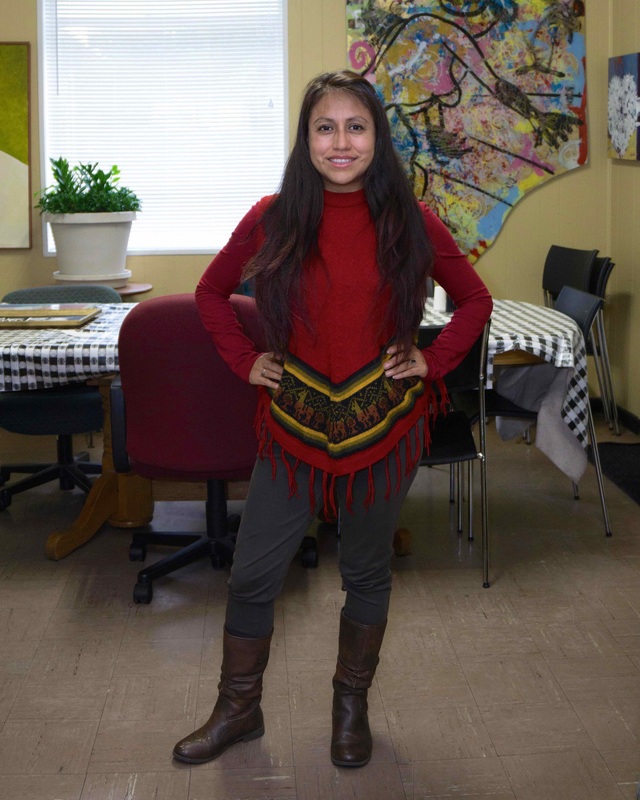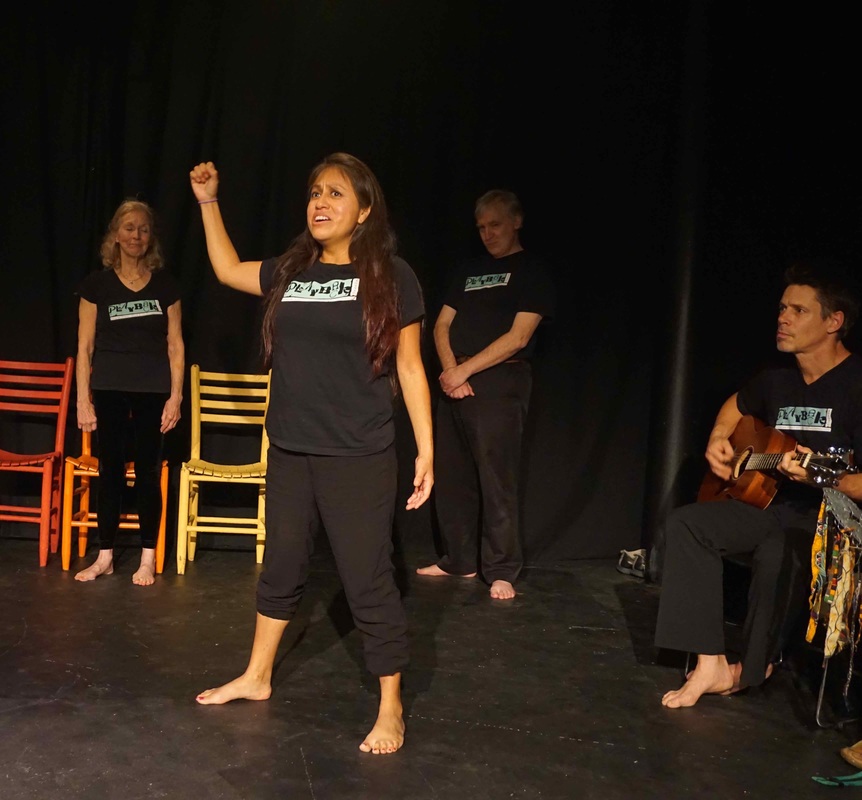“Our family had a housekeeper in Peru as I was growing up. Both of my parents treated her with love and respect and considered her part of the family. Sometimes I went home with her on weekends to play with her children. She and I walked part of the way, took two buses, and crossed a river to get there. In the housekeeper’s community, entire families lived in a single room. The children were very interested in the toys I brought along because they didn’t have those sorts of things. I enjoyed being there and recall many happy times playing with them in the creek, but it was on those weekends when I first began to realize that not everyone lived the way our family did. I think that’s one reason my mom let me go. She’s always been a very compassionate person who expresses a lot of solidarity with others, and she wanted to teach me how to care about other people.
“I never really reflected on my race, ethnicity, or social status until I came to this country ten years ago. I didn’t speak English then and encountered some pretty concrete discrimination, which really hurt. But it also helped me become aware of the assumptions and stereotypes people had. I remember thinking: I’m documented and have a college degree; I can only imagine what other people who don’t have those advantages are facing. The turning point for me was when I realized I could use my privilege to combat the oppressive systems I live in. That’s what’s behind my passion for the work I do now as Training Director for the Mid-South Peace and Justice Center. I use my experiences and my bilingual skills to reach across cultural lines and support people in finding the resources they need to succeed.”
“I never really reflected on my race, ethnicity, or social status until I came to this country ten years ago. I didn’t speak English then and encountered some pretty concrete discrimination, which really hurt. But it also helped me become aware of the assumptions and stereotypes people had. I remember thinking: I’m documented and have a college degree; I can only imagine what other people who don’t have those advantages are facing. The turning point for me was when I realized I could use my privilege to combat the oppressive systems I live in. That’s what’s behind my passion for the work I do now as Training Director for the Mid-South Peace and Justice Center. I use my experiences and my bilingual skills to reach across cultural lines and support people in finding the resources they need to succeed.”
As part of Playback Memphis:
Giovanna "Gio" Lopez
- Training Director for the Mid-South Peace and Justice Center
- Cofounder & board member of Cazateatro
- Board member of Workers Interfaith Network
- Member of Comunidades Unidas en Una Voz (Communities United in One Voice: grassroots group working for immigration reform)
- Member since 2010 of the organizing group for the Spanish version of The Vagina Monologues
- Actress with Playback Memphis



 RSS Feed
RSS Feed